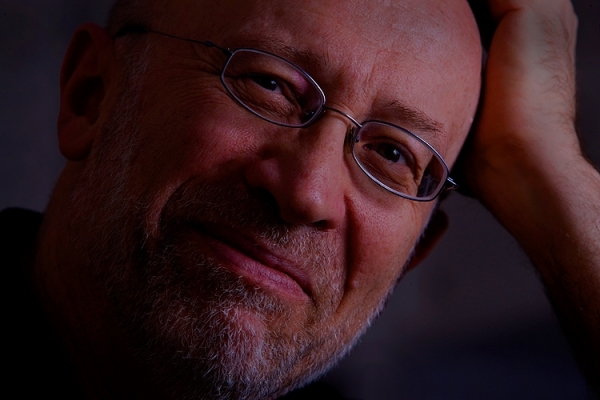Tony Judt has won the December Sidney Award for What Is Living and What Is Dead In Social Democracy
NEW YORK: The Hillman Foundation announced today that Tony Judt has won the December Sidney Award for What Is Living and What Is Dead In Social Democracy, his extraordinary piece in the December 17th issue of The New York Review of Books. Judt’s essay, based on lectures delivered at New York University last October, chronicles the role of social democracy in 20th century political thought.
Sidney Award judge Charles Kaiser said, “Judt’s 6,600 word article is a devastating account of the sharp decline of social democracy in the Western World over the last three decades. It is essential reading for anyone disturbed by the perilous condition of American democracy – and it manages to enshrine all of the values the Hillman foundation strives to foster.”
Judt’s conclusions include:
The left, to be quite blunt about it, has something to conserve. It is the right that has inherited the ambitious modernist urge to destroy and innovate in the name of a universal project. Social democrats, characteristically modest in style and ambition, need to speak more assertively of past gains. The rise of the social service state, the century-long construction of a public sector whose goods and services illustrate and promote our collective identity and common purposes, the institution of welfare as a matter of right and its provision as a social duty: these were no mean accomplishments.
That these accomplishments were no more than partial should not trouble us. If we have learned nothing else from the twentieth century, we should at least have grasped that the more perfect the answer, the more terrifying its consequences. Imperfect improvements upon unsatisfactory circumstances are the best that we can hope for, and probably all we should seek. Others have spent the last three decades methodically unraveling and destabilizing those same improvements: this should make us much angrier than we are. It ought also to worry us, if only on prudential grounds: Why have we been in such a hurry to tear down the dikes laboriously set in place by our predecessors? Are we so sure that there are no floods to come?
Judt is severely disabled from the effects of amyotrophic lateral sclerosis (ALS), or Lou Gehrig’s disease, the challenges of which he describes in an article in the current issue of The New York Review of Books. He continues to direct the Remarque Institute at NYU and is the author of Postwar: A History of Europe Since 1945. His latest book, Reappraisals: Reflections on the Forgotten Twentieth Century, was recently reissued in paperback.
The Sidney Award is given once a month to an outstanding piece of socially-conscious journalism by the Sidney Hillman Foundation, which also awards the annual Hillman Prizes every spring. Winners of the Sidney receive $500, a certificate designed by New Yorker cartoonist Edward Sorel, and a bottle of union made wine.
Backstory
Tony Judt, professor of history and frequent contributor to The New York Review of Books, talks about his Sidney-winning essay and his thoughts on social justice journalism.
1. How did you decide to write this?
I had been thinking about these matters for some time, as you can see from some of my earlier essays. But I decided to use the occasion of a public lecture I was due to give in October to pull my thoughts together and try to say something of broader consequence. And of course I was moved to do so by what I see as the sadly diminished condition of radical political conversation – in this country and abroad – as well as by the profound inequities and injustices which seem to me to have resurfaced in the course of the past generation.
2. What was the response to this work?
Remarkable and very favorable. I’ve been especially pleased at the number of young people who responded to the lecture or the essay by asking that I elaborate on a number of themes – in part because they had never heard anyone address them before (!). I’ve also had some very interesting and serious responses from people in Europe, actively interested in social policy and efforts to revive the energies of the social democratic left. It’s been most gratifying to know i) that so many people care and ii) that I appear to have struck a chord in my approach.
3. What is your opinion on the state of social justice journalism and writing in the US?
I can’t pretend to be familiar with every journal and journalist at work in this field. But I will say this: over the past three decades, I think we have seen a steady decline in the quality and courage of social justice journalism and writing, here in the US as in the UK (where I came from). To some extent this has been compensated by the admirable American tradition of muckraking journalism, especially those writers who have addressed issues related to war, financial misbehavior, the social condition of the underclass and so forth. But what is lacking, it seems to me, is the sort of intellectual or political overview which helps readers make sense of the bad news that they read. Without that sort of synoptic writing, you simply end up with a depressed and resigned citizenry – aware of what is wrong but adrift when it comes to imagining what to do about it.
The New York Review of Books


